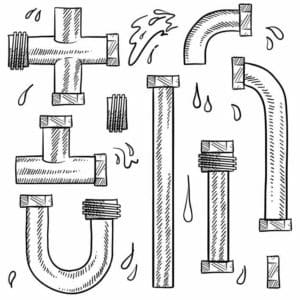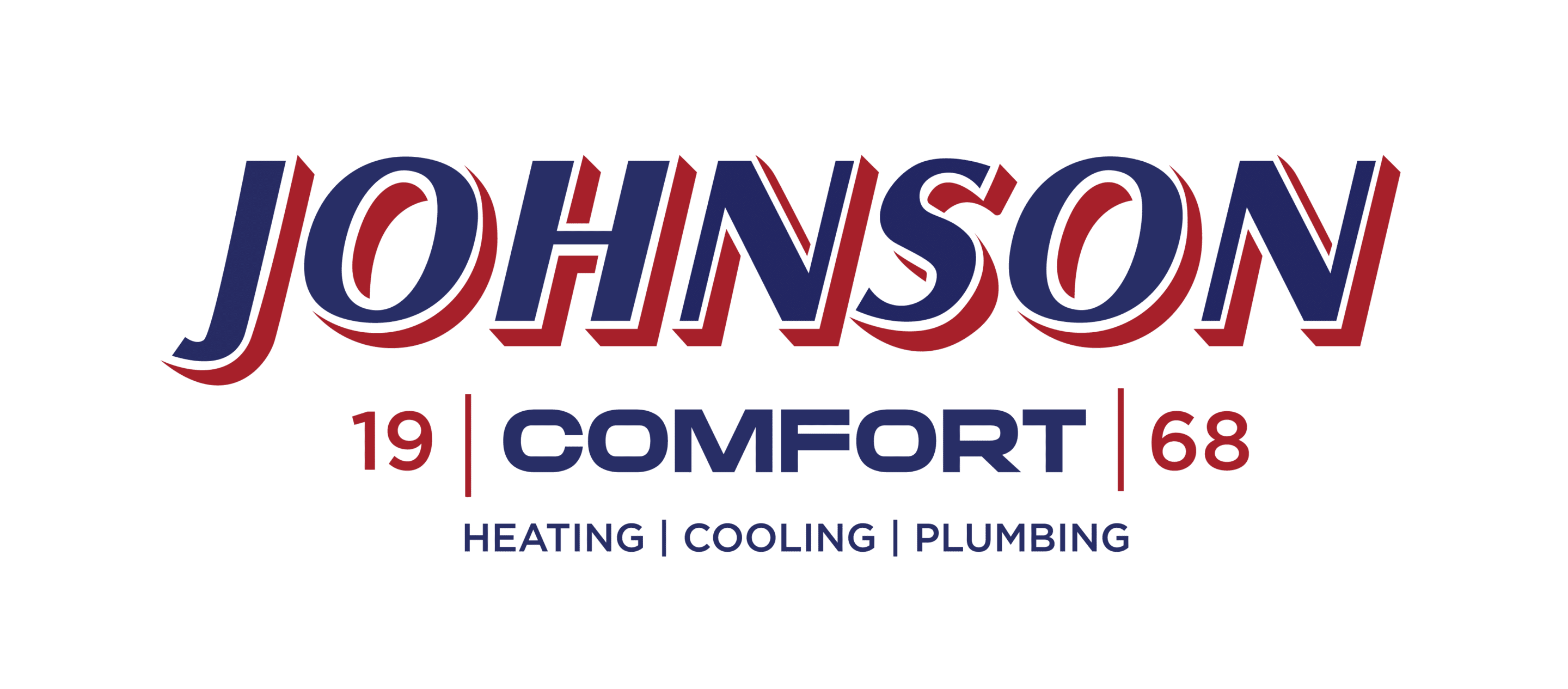
But it is never too late to start practicing preventative tips to keep the plumbing working as it should.
Prevent Clogged Drains
You need to keep drains free-flowing at all times. Otherwise, wastewater can come up in your sink, bathtub, and toilets. Overflow can cause damage to floors and furniture. It is fairly easy to prevent a drain blockage. First and foremost, never dump things in the drain that could cause it to clog.
The main things that may clog a drain include grease, paper products, such as paper towels and feminine products, hair, coffee grounds, and food leftovers, especially rice and pasta.
Bath salts have become popular, but many brands don’t dissolve completely and collect in the drain. Homeowners can purchase a plumbing snake to clean the drains. This should be done every month or two to keep the pipes clean. Installing drain covers can prevent hair and other materials from going into the drain and clogging up the pipes.
Excessive Water Pressure
Water pressure is usually determined by the municipal water supplier. They need enough pressure to feed fire hydrants and tall buildings. Municipal water is often set at 100 to 150 psi or even higher in some cases. The maximum pressure recommended for a home is 80 psi. An inexpensive water pressure gauge can be purchased at your hardware store. It can tell you just how high the water pressure is.

It is also important to understand that when water under pressure is suddenly stopped, you get a hammer effect that may cause valves to leak and pipe joints to break.
Hard Water Can Damage Plumbing Fixtures
If your water contains high levels of minerals such as magnesium and calcium, it is termed hard water. If you see a white crust on a faucet, you probably have hard water.
This crust can build up on pipes and other components such as your water heater. Eventually, the pipes will clog so that water no longer flows freely.
Fortunately, there are a number of water softening solutions available. You can buy a large and expensive whole house water softener appliance or a small point-of-use system that most folks put in the shower.
Want to extend the life of your Greenwood home piping system? Call Johnson Heating & Cooling at (317) 881-7738 to find out ways to extend the life of your pipes.



